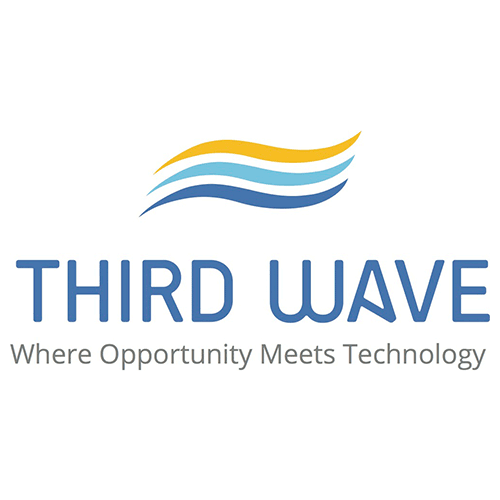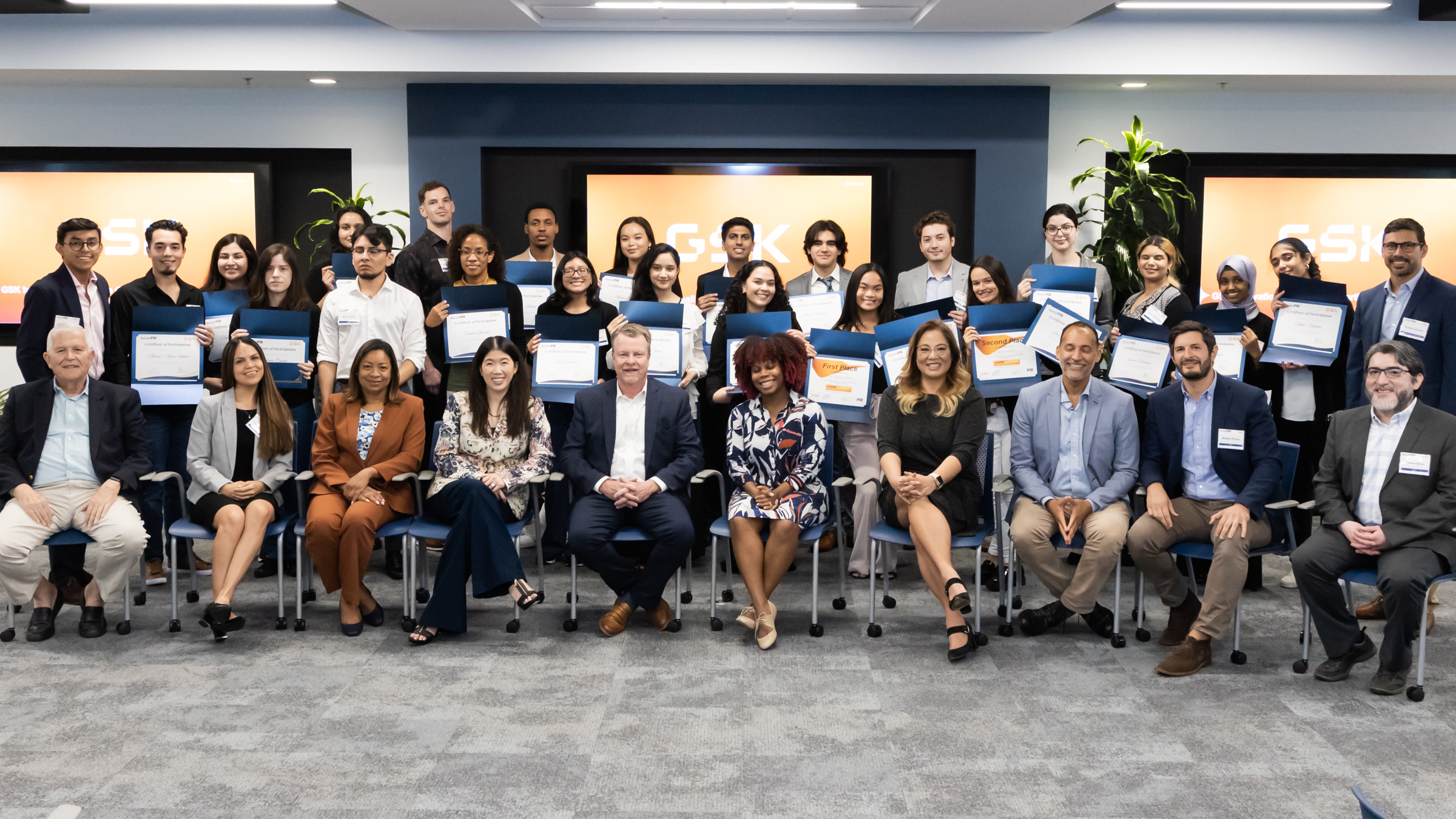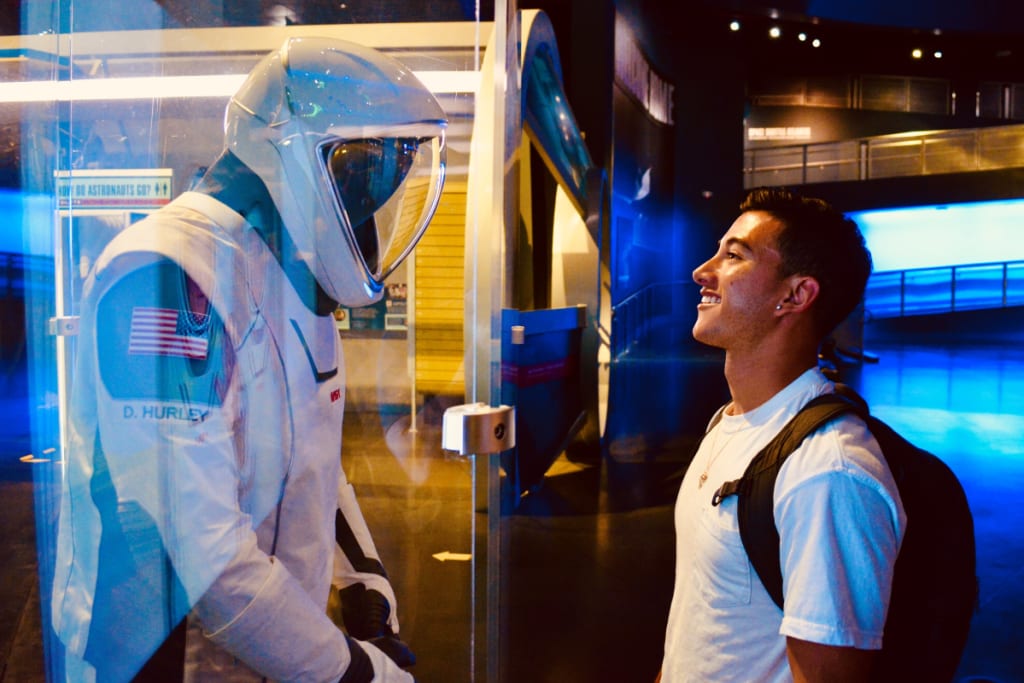by Jeff Kurzner | Feb 1, 2024 | Blog
Barbarella Castillo graduated from a private university shortly after the start of the COVID-19 pandemic. She had plans to pursue medical school but, like the rest of the world, she put those on hold. After re-evaluating her options, she decided to pursue her interest...

by Jeff Kurzner | Oct 10, 2023 | Blog
South Florida students Laura Garcia (FIU) and friend Juan Fortich (FAU) win $10k to develop their wearable technology. The new company using sensor technology to help athletes perform better won the first prize in the 15th annual FAU Business Pitch Competition. The...

by Jeff Kurzner | Oct 10, 2023 | Blog
South Florida students Laura Garcia (FIU) and friend Juan Fortich (FAU) win $10k to develop their wearable technology. The new company using sensor technology to help athletes perform better won the first prize in the 15th annual FAU Business Pitch Competition. The...

by Nikki Cabus | May 19, 2023 | Blog
StartUP FIU, the innovation hub at Florida International University, partnered with GSK, one of the world’s largest pharmaceutical companies, established a hands-on, multi-disciplinary experience that inspired students to develop new and creative solutions to...

by Nikki Cabus | May 2, 2023 | Blog
NASA is working to build a research base on the moon to send the first astronauts to Mars. Along the way, a new industry is coming to life: construction on surfaces beyond Earth. This is where master’s student Brandon Aguiar ’21 is launching his promising...




